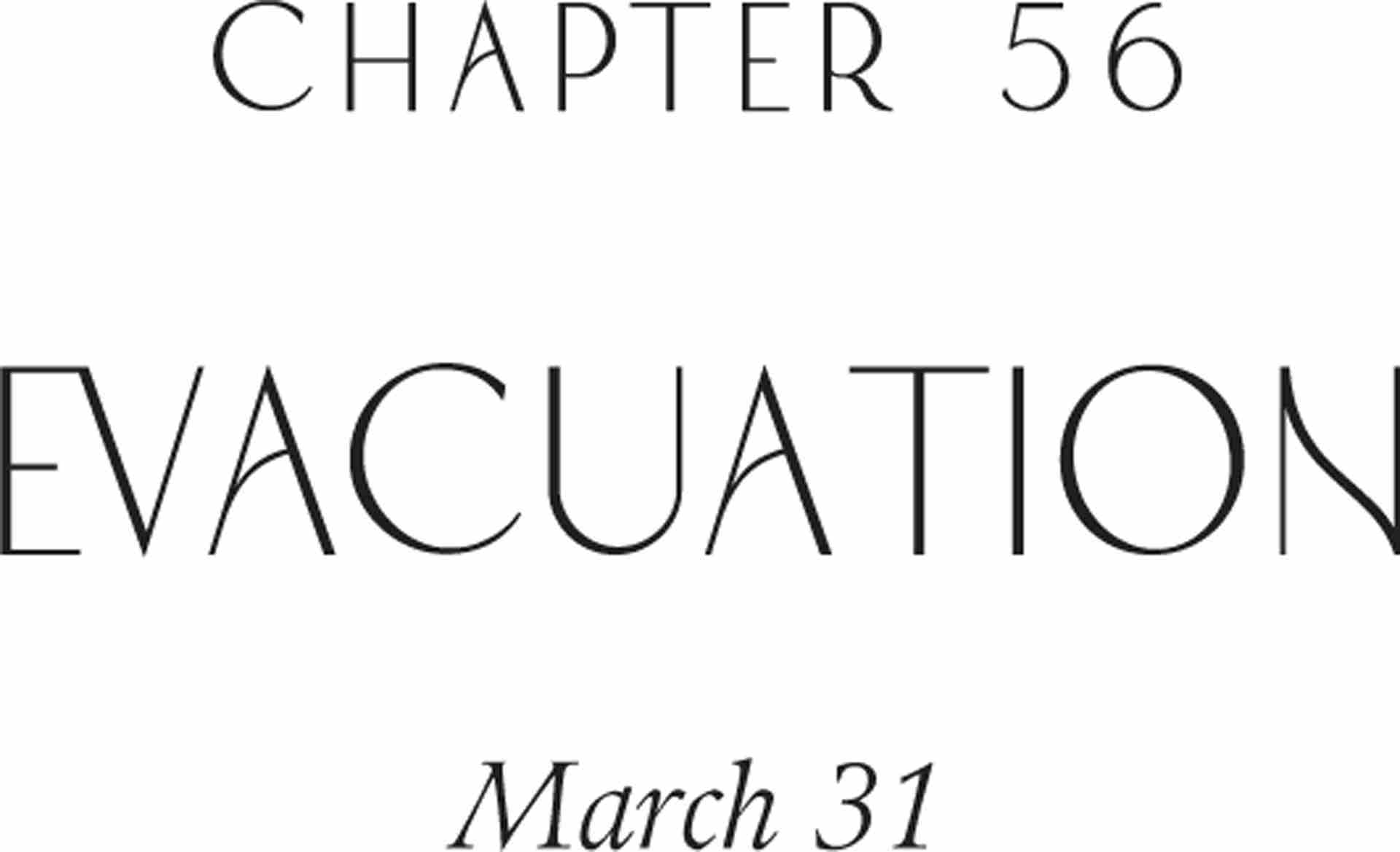
My bags were stuffed full. Even still, we’d left boxes piled in our bedrooms. We’d packed up Okaasan’s urn, but the empty butsudan sat on the hearth. Would it be here when—if—we got back?
Mr. Allred had offered to take us to the ferry, Hiro included. But Hiro showed up earlier than we’d expected. He set two suitcases on the worn wood porch. Their buttery-soft leather and shining brass buckles, so out of place on our porch, made me think of Mr. Tanaka. Unlike him, at least we got to go together.
“Sam,” Hiro said, peering behind me into the house. “Can I talk to you before we go?”
I closed the door behind me, ignoring Kiki’s quizzical look. “Is here okay?”
Hiro nodded and knelt down next to one of his cases. He popped the buckle open and pulled out a handkerchief-wrapped bundle. “I don’t know what will happen when we get wherever we’re going. And I don’t want you to get in trouble. But I want you to have this.” He handed it to me.
I peeled away the corners of the fabric. There, shining in the middle of the patterned cloth, sat the Leica, along with six rolls of film.
“I asked Mr. Simmons for the film last night,” he said. “Tried to pay him, but he wouldn’t let me.”
I took one roll in my hand, folding my fingers over its perfect weight. “So kind of him.” I swallowed. “But I can’t take the camera. It’s your father’s.”
“He’d want you to have it,” Hiro said. “Someone needs to document what’s happening.”
Document. The word felt dangerous … And powerful. “But who would publish—”
Hiro shook his head. “We might not be able to do anything with the pictures right now. But they’re important. And someday …”
I shivered, but not from the cold and not from fear. Like a shutter flashing open and allowing in light, something clicked. Photography didn’t just give me a voice. It spoke for all of us. Taking pictures created proof of what was done to us—and of the strength with which we countered. It was exactly what Mr. Tanaka would want from me.
I nodded. “Okay … Only I wish your dad was going with us.”
Hiro swallowed. “I’ll keep trying—wherever we end up.”
“I’ll help you.”
Hiro’s eyes met mine. “I know.” A sad smile crossed his face. “Dad’s suitcase has a valuables compartment. I’ll put the camera and film in there. That way if it gets found, they won’t think it’s yours. But … it is.”
I looked deep into Hiro’s maple eyes. The crinkles at the corners seemed wise rather than laughing. “I can’t ask that of you,” I whispered.
Hiro smiled. “Oh, Sam. Didn’t I already tell you? It’s my privilege.”

I took the Leica around the house, snapping photos of empty rooms, Okaasan’s curtains, and her special knots. I shot a portrait of each member of my family: Charlie, who even now posed like a “college man”; Dad, whose lined face was both worn and proud; and Kiki, her eyes still full of fire as we prepared to submit. Then I ran to the edge of Japantown, where Mr. Tanaka’s sign still hung, and took the photo I’d wanted nearly four months ago.
Finally, I finished the roll with a second portrait of Hiro. I stared at him through the lens, allowing myself time to really see him. He stared back, and instead of feeling vulnerable, I felt comforted, familiar. Known.
Hiro repacked the camera, along with the film. I imagined the shots I’d taken someday joining the tin of Okaasan’s photos. The thought made me smile.